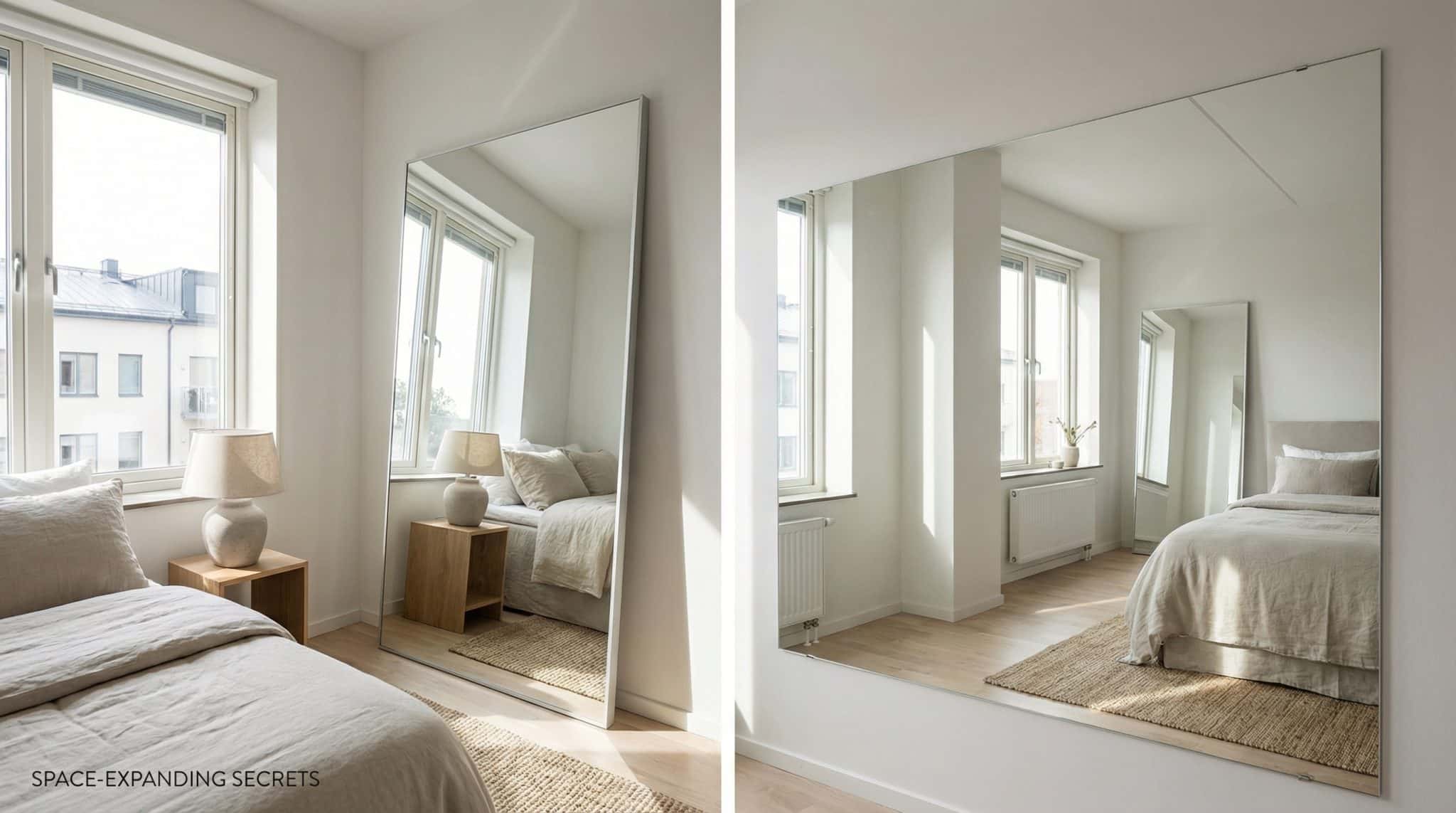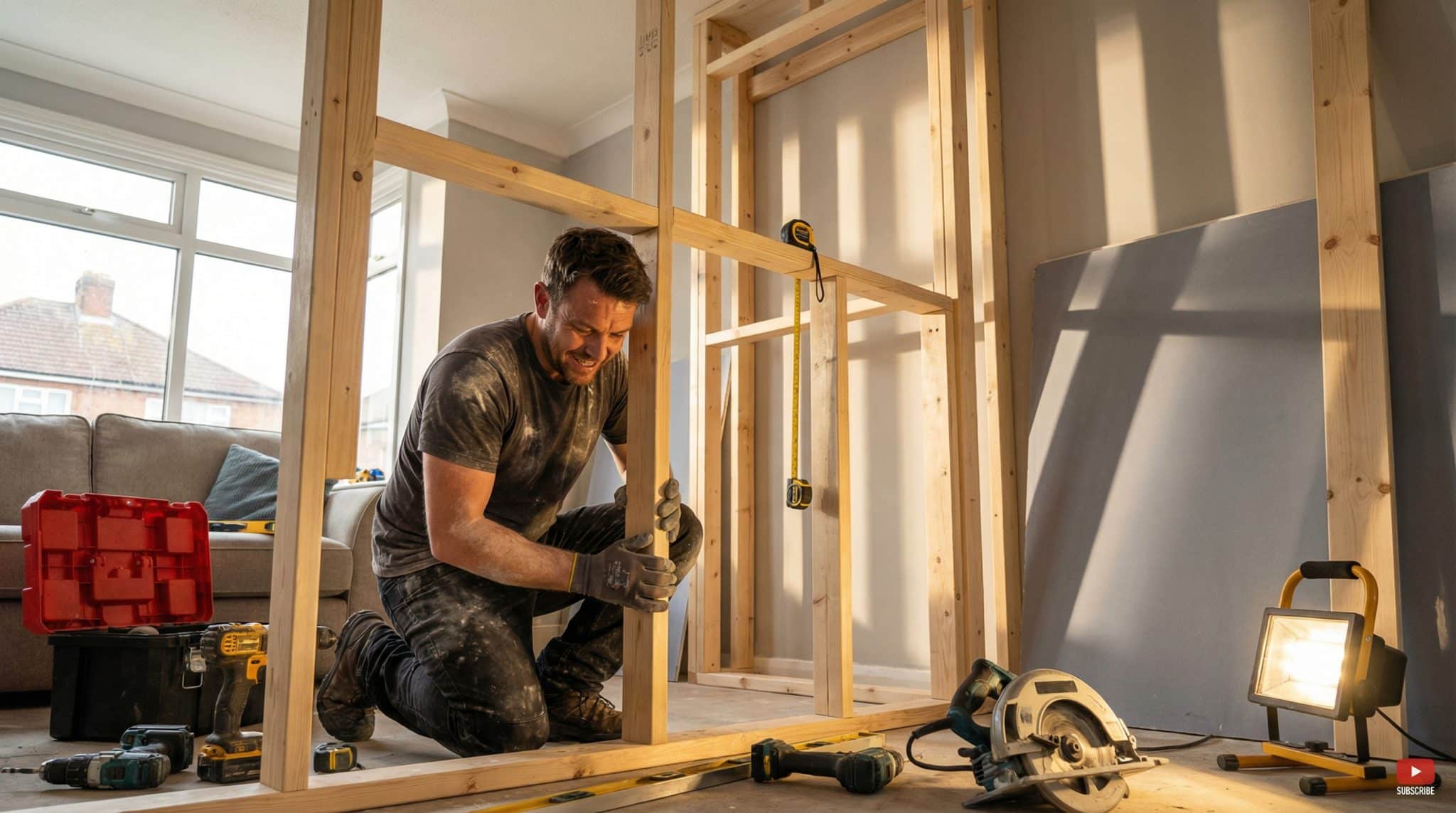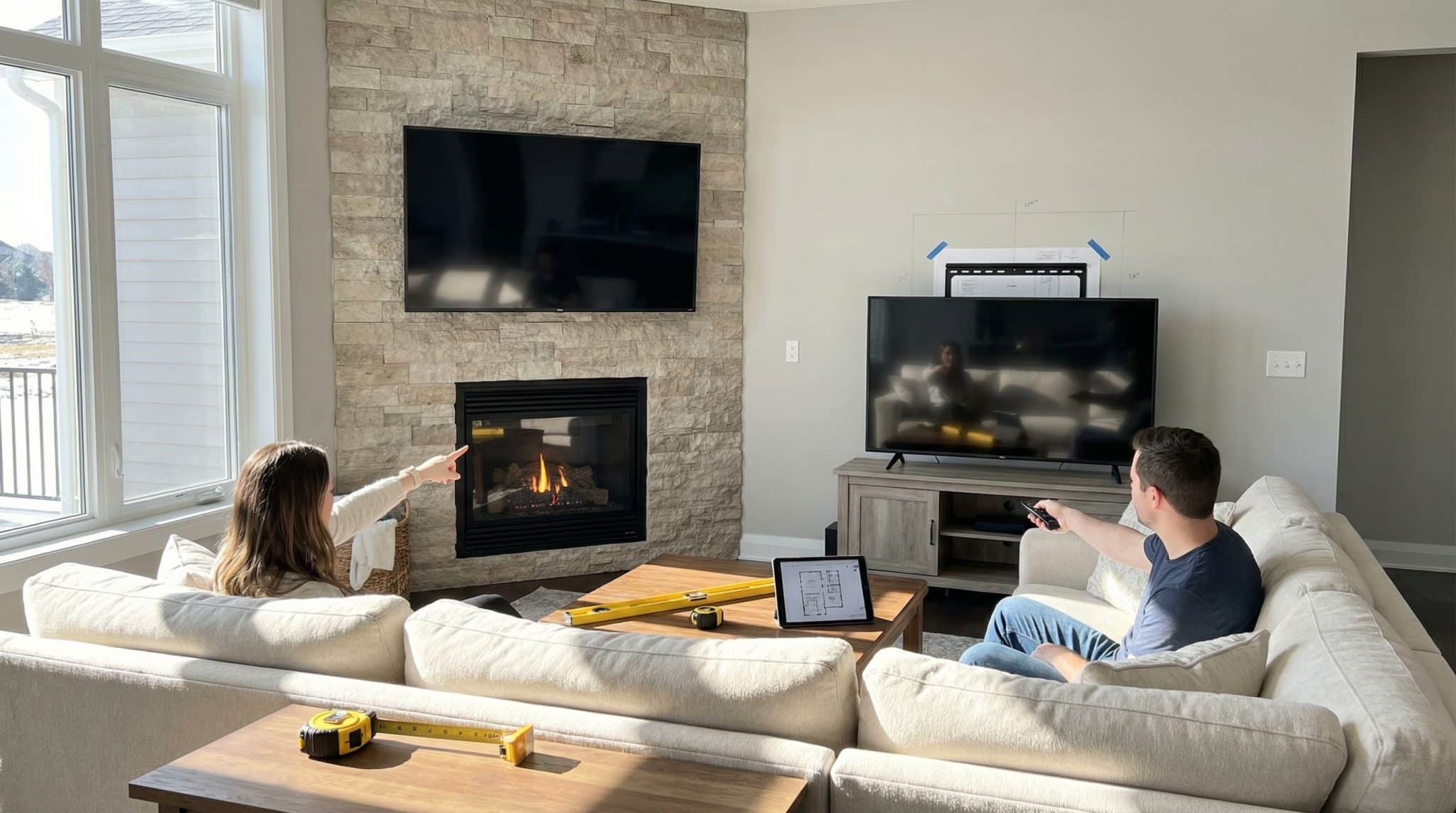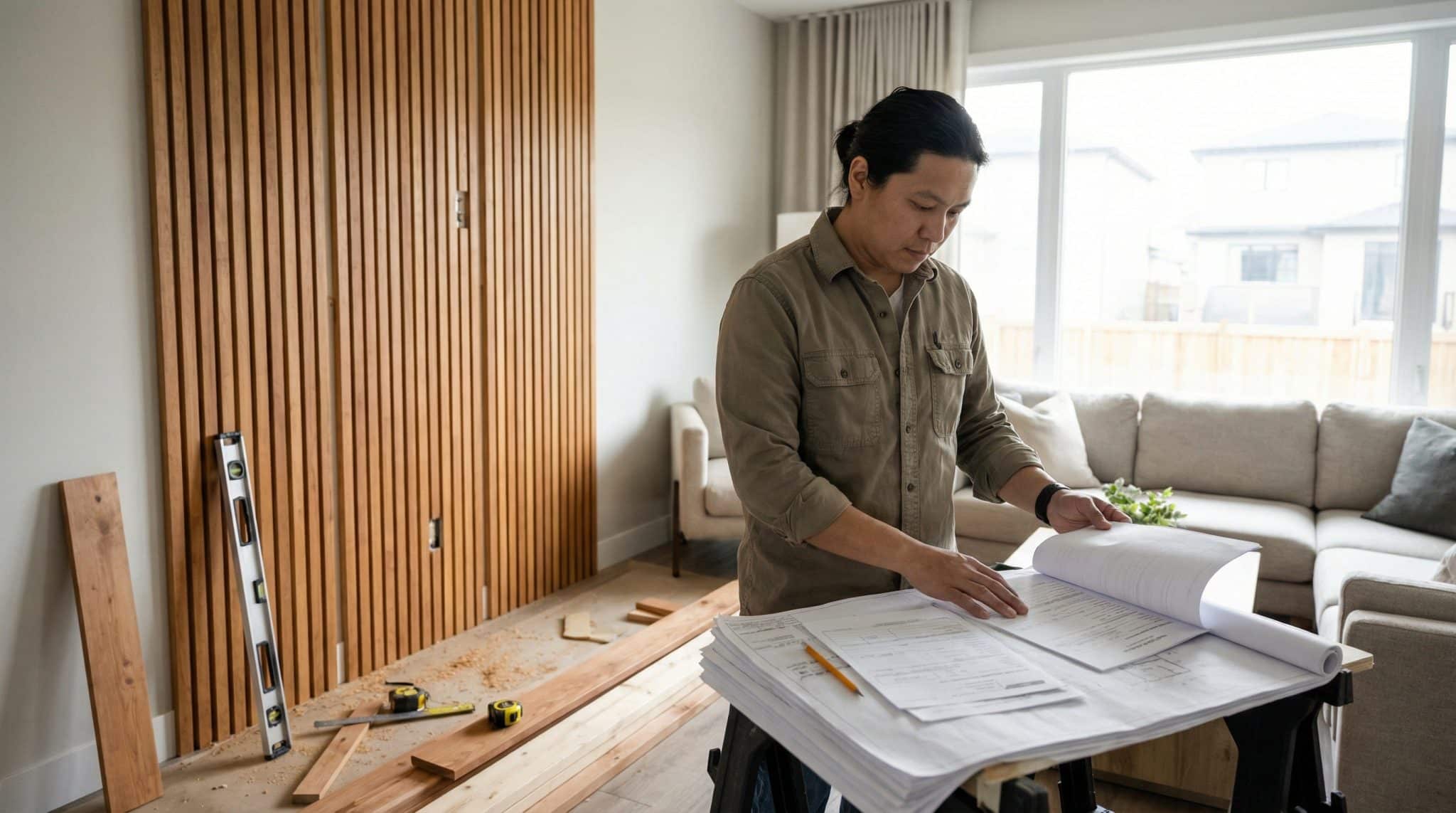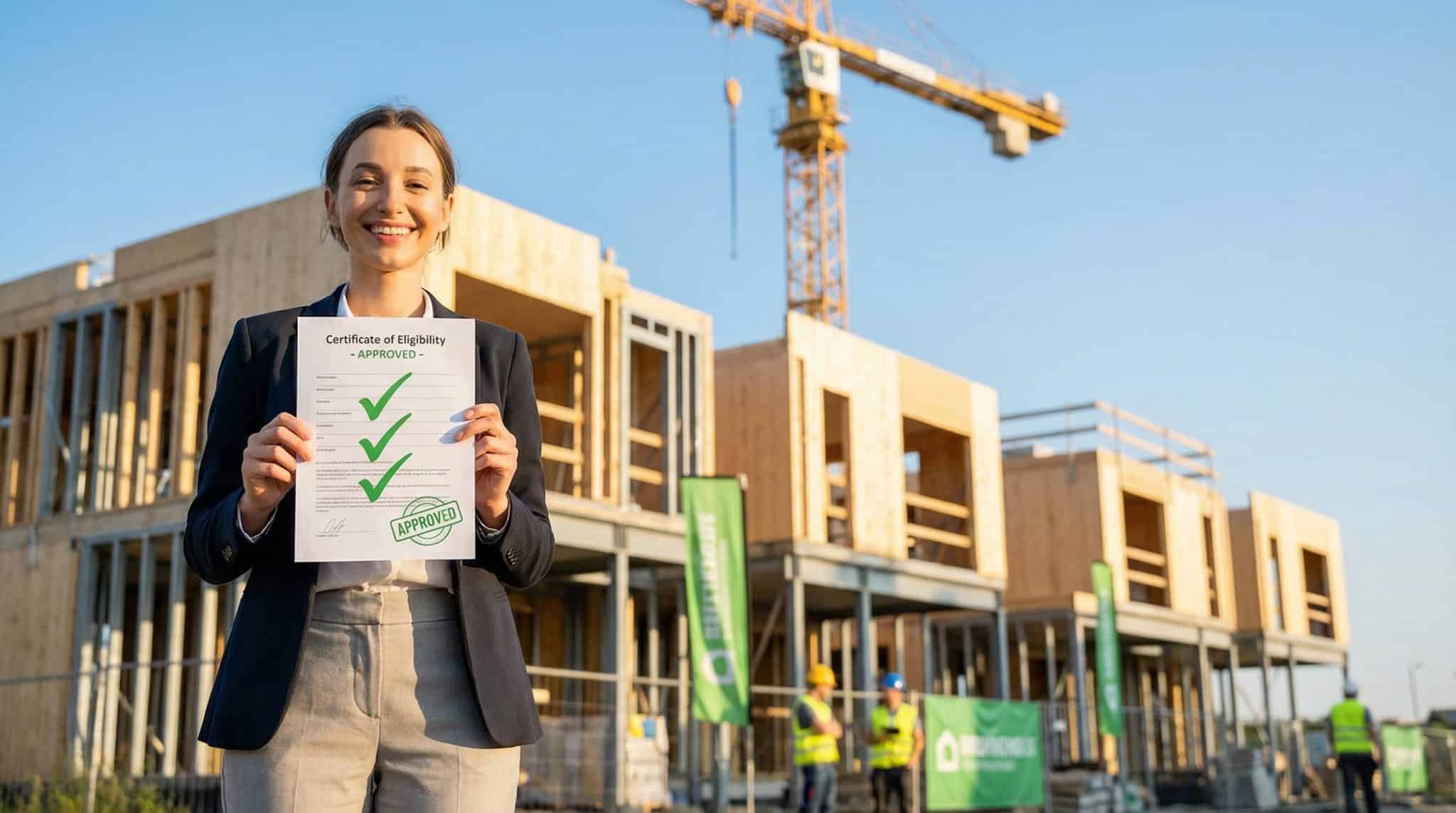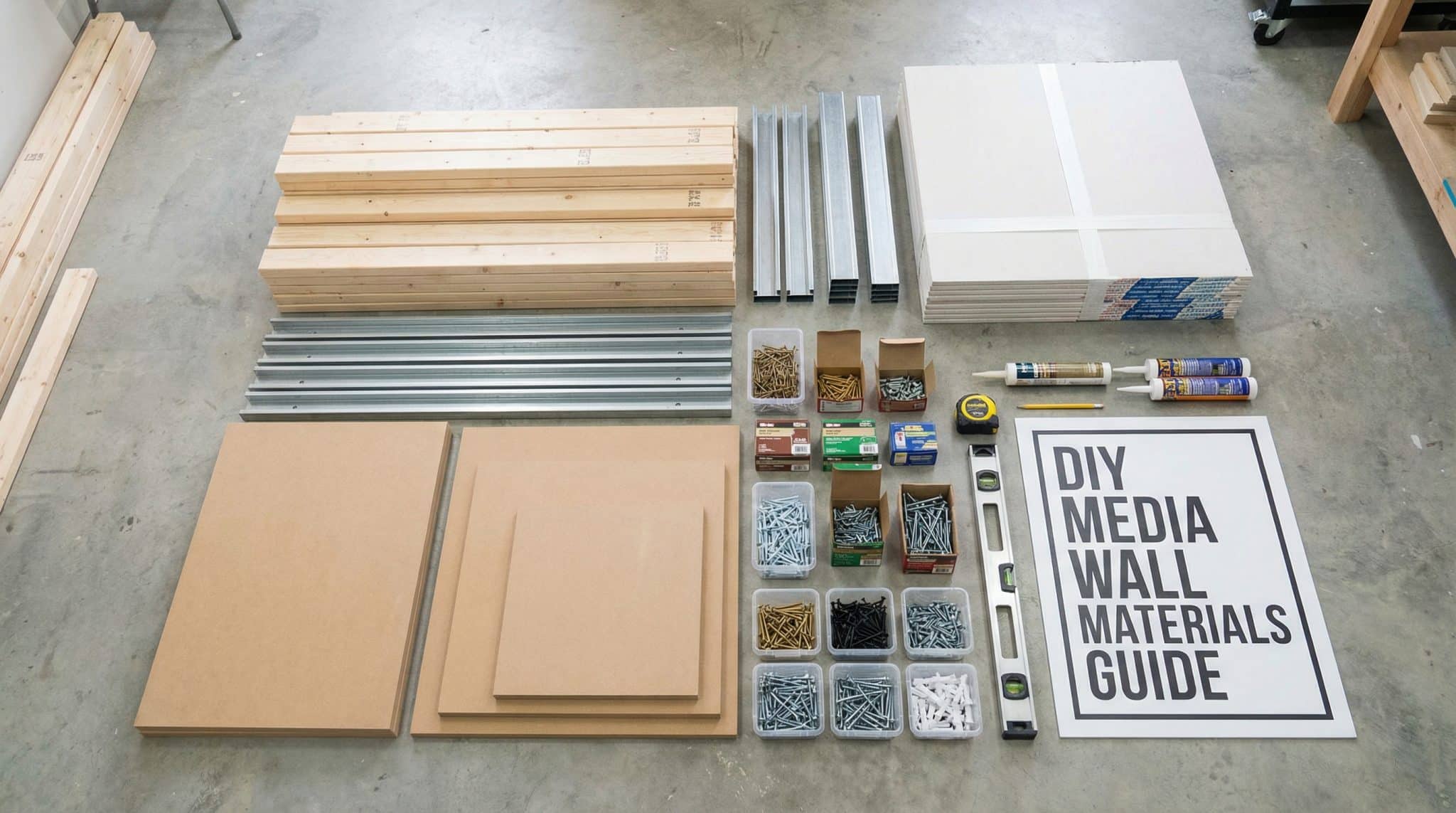Ever walked past a rundown building and thought, “I could turn that into something amazing”?
You’re not alone. Successful UK property developers achieve 20-40% returns, but most first-timers lose money because they underestimate what it really takes.
Property development isn’t just buying cheap and selling high. It’s a strategic game where one wrong move wipes out profits faster than you can say “planning permission denied.”
Smart developers know which battles to fight, which regulations matter, and how to spot opportunities others miss.
This comprehensive guide breaks down everything you need to know about UK property development, helping you make informed decisions and avoid the expensive pitfalls that catch inexperienced developers off guard every single day.
What is Property Development in the UK?
Property development is the process of transforming land or existing buildings into profitable real estate ventures.
In the UK, this could mean buying a plot of land to build new homes or renovating old warehouses into modern office spaces. It requires careful planning, investment, and understanding of local regulations.
Simply put, property development means adding value to real estate. You might buy a run-down Victorian terrace, renovate it, and sell it for more than your total costs.
The key is spotting opportunities where you can create something more valuable than what exists.
Types of Property Development
Property development in the UK can be categorized into two main areas, each offering distinct opportunities and challenges.
Apprehending these different development types helps you choose projects that match your experience level, available capital, and risk tolerance while maximizing potential returns.
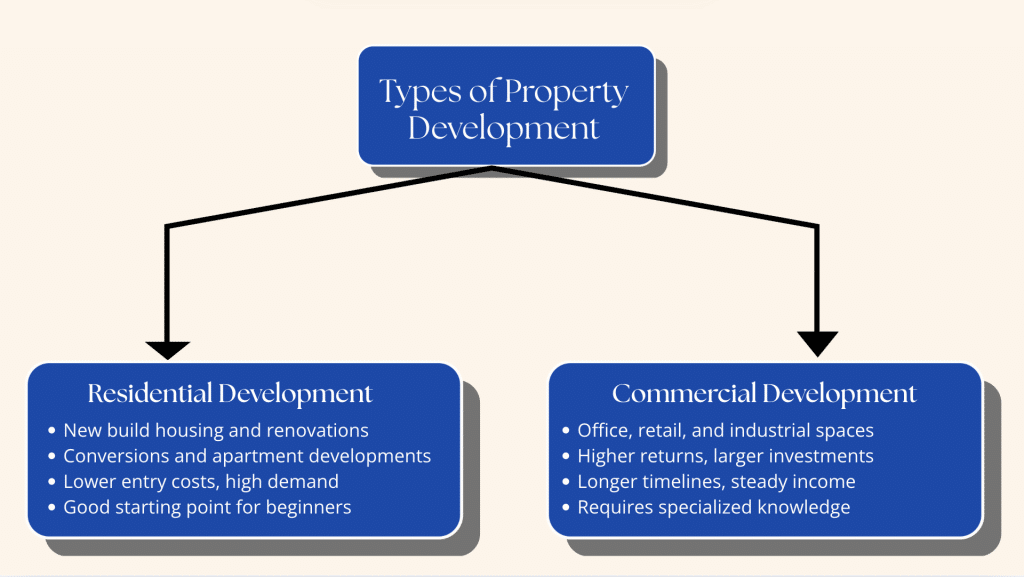
Choose development types that match your budget and experience level. Residential projects offer easier entry points for beginners, while commercial developments require more capital but can deliver higher returns.
Start small, learn the fundamentals, then scale up as your expertise and financial capacity grow.
The Property Development Process Explained

Property development follows a straightforward four-step process that turns initial ideas into a profitable reality. Understanding each stage helps you plan effectively and avoid common pitfalls that derail projects.
Step 1: Finding and Evaluating Opportunities
- Identify undervalued properties, renovation projects, or land with development potential.
- Research local market demand and recent sale prices.
- Compare purchase costs to potential end values.
- Assess development costs and factor in profit margins to ensure a viable business model.
- Consider your risk tolerance before proceeding.
Step 2: Financing and Budgeting
- Explore development loans, bridging finance, or investor partnerships to support your project.
- Calculate total costs: purchase price, development, fees, and financing charges.
- Add a 20% contingency buffer for unexpected expenses.
- Ensure sufficient cash flow throughout the project timeline.
- Get pre-approved funding before making purchase commitments.
Step 3: Planning Permission Basics
- Submit detailed applications showing compliance with local planning policies.
- Collaborate with architects and planning consultants to develop compelling proposals.
- Address council priorities in your application.
- Allow 8-16 weeks for planning decisions, with a minimum of 8 weeks.
- Be prepared to negotiate or appeal if necessary.
Step 4: Construction and Exit Strategy
- Manage construction using experienced contractors and regular inspections.
- Maintain quality standards and keep projects on timeline.
- Keep detailed cost records to stay within budget.
- Execute exit strategy: sell completed properties or hold for rental income.
- Time market entry carefully with ready marketing strategies.
7 Must-Follow Tips for First-Time Property Developers
Starting your first property development project can feel overwhelming, but following these essential tips will help you avoid common pitfalls and increase your chances of success. These practical strategies are based on what seasoned developers wish they’d known from day one.
1. Know Your Market Before Buying: Research recent sale prices, rental rates, and local demographics to inform your investment decisions. Visit your target area at different times to understand demand and competition.
2. Secure Funding Early and Realistically: Calculate total costs with a 20% contingency buffer and get pre-approval letters before making offers. Keep cash reserves ready, as funding problems kill more projects than construction issues.
3. Understand Planning Permissions: Check existing permissions before purchasing and thoroughly research local planning policies. Factor 8-16 weeks minimum for planning decisions, and consider hiring consultants for complex projects.
4. Build a Reliable Team: Assemble specialists, including an architect, solicitor, accountant, and reliable contractor with development experience. Strong team relationships save time, money, and stress throughout your project.
5. Expect Delays and Plan for Them: Add 3-6 months to your timeline and budget for extended financing costs from inevitable delays. Have backup contractors ready and maintain open communication with all stakeholders.
6. Always Check the Resale/Rental Viability: Verify market demand and realistic post-development values before starting any project. Factor marketing timeframes and costs into your budget, as your exit strategy determines success.
7. Learn from Experienced Developers: Join local property groups, find mentors, and study successful and failed project case studies. Learning from others’ mistakes costs far less than making your own.
Regional Differences Across the UK
Property development opportunities and challenges vary dramatically across different regions of the UK. Understanding these regional differences helps you choose the right location for your investment goals and budget constraints.
Each area offers unique advantages, from London’s high-value returns to the North’s affordable entry points and strong rental yields.
|
Region |
Entry Cost |
Development Cost |
Profit Potential |
Key Considerations |
|
London |
Very High (£500k+) |
High |
High returns but competitive |
Premium locations, strict planning, high demand |
|
Midlands |
Medium (£150-300k) |
Moderate |
Steady growth potential |
Balanced market, good transport links, and emerging areas |
|
North |
Lower (£80-200k) |
Low to Moderate |
Strong rental yields |
Affordable entry, regeneration opportunities, and growing demand |
The table shows clear trade-offs between regions. London offers the highest potential returns but requires substantial capital and faces intense competition from experienced developers.
Resources & Support for UK Property Developers
Finding reliable property development advice in the UK becomes easier when you know where to look. Professional support networks and educational resources can save you from costly mistakes while accelerating your learning curve.
1. Professional Associations and Regulatory Bodies
The Royal Institution of Chartered Surveyors (RICS) provides industry standards and connects you with qualified professionals.
NHBC offers building warranties and technical guidance for residential projects. The British Property Federation represents commercial developers and shares market insights.
2. Online Communities and Forums
Property Hub hosts active discussions where experienced developers share real-world advice. The BiggerPockets UK section connects you with local investors and developers.
LinkedIn property development groups offer networking opportunities and industry updates.
3. Educational Resources and Training
Samuel Leeds Property Academy teaches practical development skills through hands-on courses. Property Investors Network runs regular meetups across the UK.
Local colleges often offer construction and planning courses that build essential knowledge.
The best developers never stop learning and building professional relationships. These resources provide ongoing support, market insights, and connections that can make the difference between project success and expensive failures.
Conclusion
The truth about property development? It’s not glamorous TV makeover shows – it’s calculated risks that can either make you wealthy or wipe you out.
Property development in the UK offers genuine wealth-building opportunities, but only for those willing to learn the harsh realities first. Most people fail because they jump in thinking it’s easy money.
Success comes from boring stuff – thorough preparation, realistic expectations, and accepting that every millionaire developer started with one terrifying first project.
The winners start smart with proper research, adequate financing, and teams they can trust. Whether you choose residential flips or commercial builds, stick to markets you understand and projects matching your risk tolerance.
Ready to stop dreaming and start doing? Begin by researching your local market and connecting with experienced developers in your area.
Learn more about maintaining and improving your property.




